
All The Mountains Give: Arash Rakhsha's empathetic exploration into the dangerous laborious lives of Kolbars

Director Arash Rakhsha’s documentary All The Mountains Give premiered last month at the Edinburgh International Film Festival.
The film follows two Kolbars — Kurdish porters who smuggle a variety of goods across the mountains between Iraq and Iran.
In this beautifully shot picture, Hamid and Yasser brave a snowy mountain pass and freezing rivers to bring tyres, cigarettes, cosmetics, and household goods across the border. Off the trail, they struggle to care for their families.
Working as a Kolbar is a dangerous job. They must contend with heavy loads, rugged terrain, extreme weather, landmines, and interference from the security forces.
According to a watchdog, 41 Kolbars died on the job last year. More than half of them were shot by Iranian border guards and nearly 300 others were injured.
This year looks to be deadlier, with 47 Kolbars already killed. Yet this is the only job available for many young men living in the border villages.
Filmed over six years, All The Mountains Give provides a unique and personal look into this hidden trade.
The New Arab spoke with Arash Rakhsha to learn more about the challenges that face Kolbars and what it was like to make this documentary.
This interview has been edited for length and clarity.
The New Arab: Your film All The Mountains Give recently premiered at the Edinburgh International Film Festival. What was it like to see it on the big screen in front of an audience like that?
Arash Rakhsha: It was amazing, but I was kind of stressed because I thought maybe the cultural distance between the audiences and the documentary might have a negative effect, that it would not make a connection.
The experiences of Kolbars are something that people might not know about. Could you explain what a Kolbar is and what dangers and challenges they face?
This sort of smuggling only exists in Kurdish territories. There are landmines, fatigue from very cold and bad weather, the security forces, and falling from heights, things like that.
It is always dangerous. What they carry depends on the border. On the southern border [with Iraq] it includes tea, cigarettes, alcoholic drinks… In my own village, we smuggle fuel, like gasoline.
You worked as a Kolbar yourself. How long did you do that and what was it like for you?
I was a smuggler for two years when I was 18 to almost 20 years old. I was always furious. I was the kind of person that would always fight with my friends. I was furious about everything.
But when I went to the university and began learning cinematography, I became more and more calm. When I was younger, I had a very different character.
Can you tell us about what it was like to make this film? So much of it was shot in winter up in the rugged mountains. It must have been difficult from a logistical standpoint.
It was very hard, but it wasn't me alone. I was with my friends. My sound mixer, Hamid, and Yasser, all of them helped me. We were a team and helped each other to get through the hardships, to get through those hard days.
But, as a cinematographer, working in bad weather is very difficult. You cannot control the light, cannot control the mise en scene. It's not like making a feature narrative movie. You cannot control everything.
There are tons of uncontrollable situations and you need to make decisions fast. I learned step by step how to decide fast and how not to make mistakes, or at least make smaller and smaller mistakes.
This is a documentary, and the people who were featured in it weren't actors, but watching the film, it feels like a drama. How did you achieve this effect?
When I was studying cinematography, I saw a documentary called Argentinian Lesson by Wojciech Staron. It changed my whole point of view about documentaries: no interviews, just pushing the audience into the middle of a family.
Because of so many hours of filming and so many years of being with my friends — I call them friends now — they were not bothered by my presence.
I found that I could achieve that form that I enjoy. To me, interviews are very simple. They do not catch your feelings, but when you put the audience in the field, they can feel things.
The land is a huge feature in Kurdistan. It both facilitates smuggling and makes life difficult for Kolbars. Did you want to show as much of the land as possible?
I wanted to give a character to the locations because it has a big role in our lives. So, I couldn't detach it from the movie.
I think the locations in any movie — it doesn’t matter if it’s a narrative or a documentary — add concept and meaning to the subject.
I learned this from a Russian filmmaker who I love very much, Andrey Zvyagintsev, he made Loveless and The Return.
You can always see the locations telling the story more deeply and differently.
For example, if you put the smugglers somewhere else, like near the sea, it would have had a much different meaning and it would have been different journeys.
Now that the film has premiered in Edinburgh, where will you be taking it next?
It is going to go to other festivals. I hope to achieve something so that my friends and I can change a few things.
Winthrop Rodgers is a journalist and analyst based in Sulaymaniyah in Iraq’s Kurdistan Region. He focuses on politics, human rights, and political economy
Follow him on Twitter and Instagram: @wrodgers2


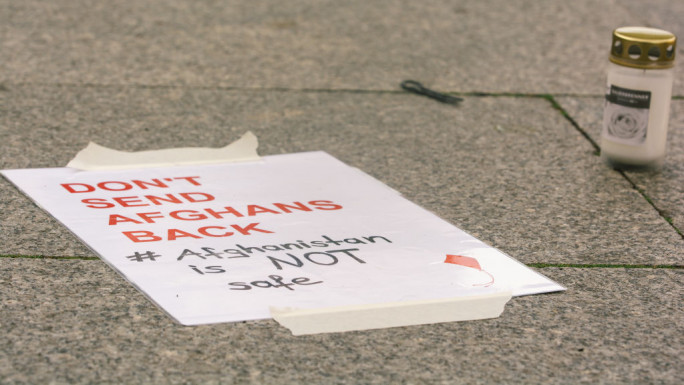
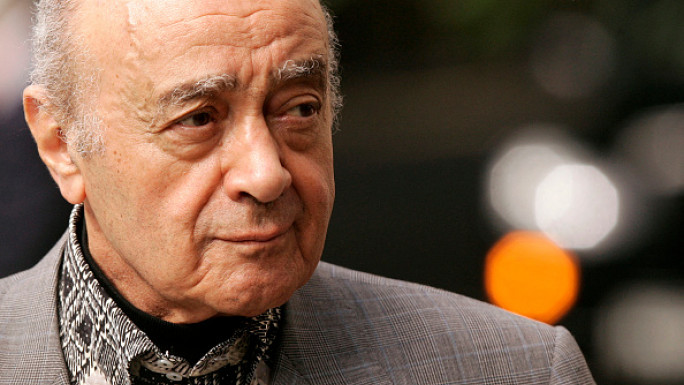
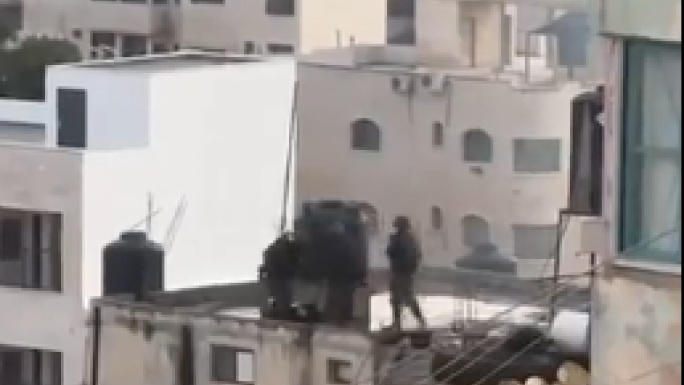
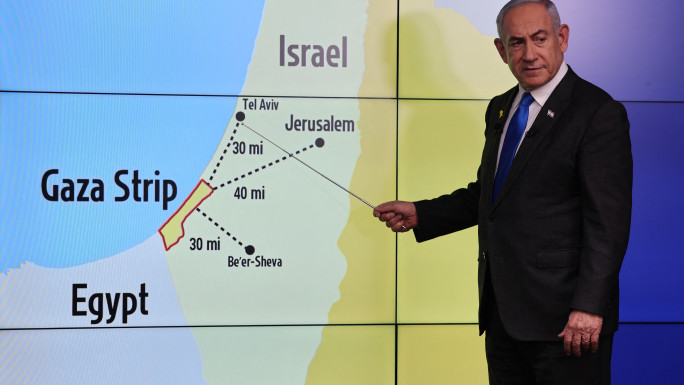
![gaza hospital [getty]](/sites/default/files/styles/image_684x385/public/media/images/04CAB42E-7AB3-4448-B45F-B0E1D7D43091.jpg?h=d1cb525d&itok=XYFJ5dpl)

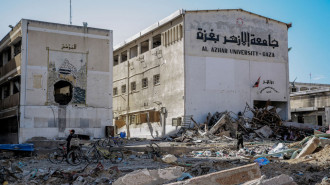
![Palestinians remember Elias Khoury [Getty]](/sites/default/files/styles/image_330x185/public/948944342.jpeg?h=a5f2f23a&itok=ccFJZs75)